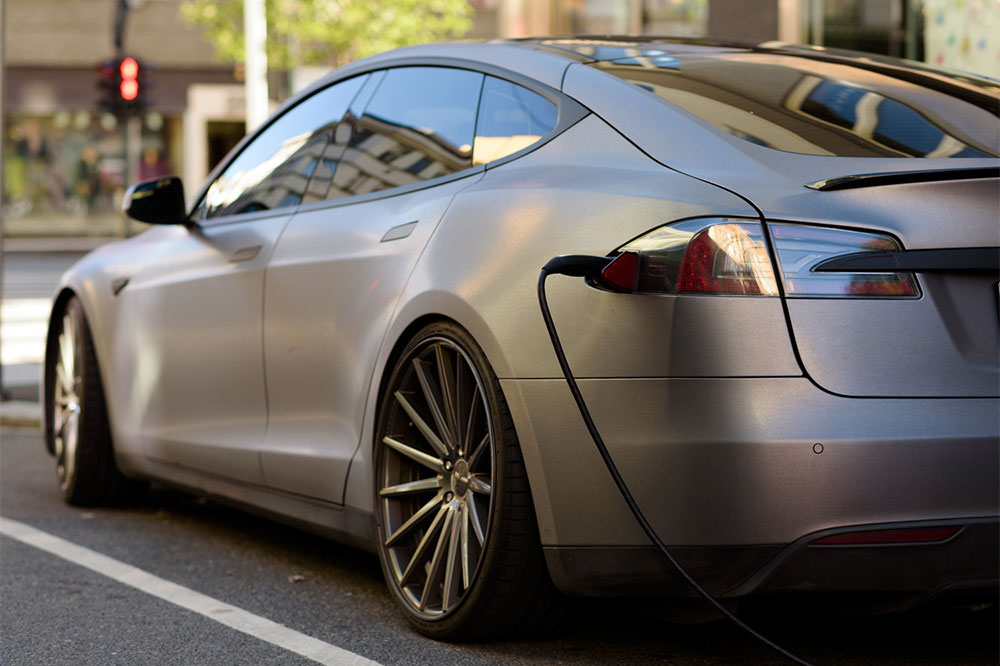
Be wary of these common used car buying mistakes
Buying a used automobile comes with its risks and benefits. You buy cars for a lower on-road price and have the luxury of modifying them to your liking. But also, you need to verify every purchase-related factor as this is not a factory or dealership-sold vehicle. Also, it doesn’t matter if you are buying for the first time or have bought one before. Here are 5 used car buying mistakes to avoid.
Not knowing your type of vehicle
Not knowing what type of vehicle you need is one of the common mistakes to absolutely avoid. Don’t just browse the market and go for the cheapest deal. You should always start with a basic budget and compare automobile brands that offer vehicles for that purchase price. Also, price should not be the only determining factor as you must find a vehicle suitable for daily driving. For example, don’t buy a sports sedan when you actually should buy a large six SUV at that same price for family use.
Not taking a test drive
Used vehicles should always be taken for a long test drive. Remember, this vehicle has not come fresh from the factory manufacturing unit and is transported straight into the showroom. The car had been used for several thousand miles before the owner decided to sell it. There may be multiple issues with performance and comfort that need to be addressed before making a deal. Taking a test drive will give you more leverage over the deal while negotiating.
Forgetting inspections
Used cars are different from certified pre-owned (CPO) automobiles that are available for sale with a brand. CPOs undergo various checks and tests to certify the vehicle is roadworthy before they are sold. With a used car, it is your responsibility to have the vehicle inspected by the local mechanic and understand if any major repairs or upgrades need to be done. Don’t get carried away by cheap offer deals where the purchase price seems so lucrative that you think only a little work is needed.
Not checking documentation
Apart from the vehicle’s condition, you must also check the vehicle’s history report to know exactly what all trouble the previous owner had with the car. These include prior accidents, modifications made to the vehicle, or even run-ins with the law. A history report will have a detailed vehicle breakdown for previous individual owners. It is also important to check the title deed and ownership papers to confirm the previous owner can sell it forward. You don’t want to end up with a vehicle that has a default or salvaged title. Many third-party services, including CARFAX and AutoCheck, charge a small fee for making this information available.
Not paying attention to the price
Negotiations can be tough, especially if this is your first time buying a used vehicle. Unlike CPO cars, used vehicles are sold directly by the owner or a dealership that sells refurbished vehicles. Always ask for the out-the-door price and check if the seller offers this value. This price will include the car buying cost, fees, registrations, and taxes applicable to the sale. You don’t want to negotiate a separate car price and spend hundreds of extra dollars on these expenses. You should consider financing options and check the best offers for monthly payments, interest, and loan tenure.
If you want to buy, sell or finance a used car, check out online dealers like CarGurus and Autotrader. You can find used and certified pre-owned vehicles on these dealers’ sites by filtering engine type, model number, body style, and price range. Find great deals on sedans, SUVs, wagons, and even convertibles!












